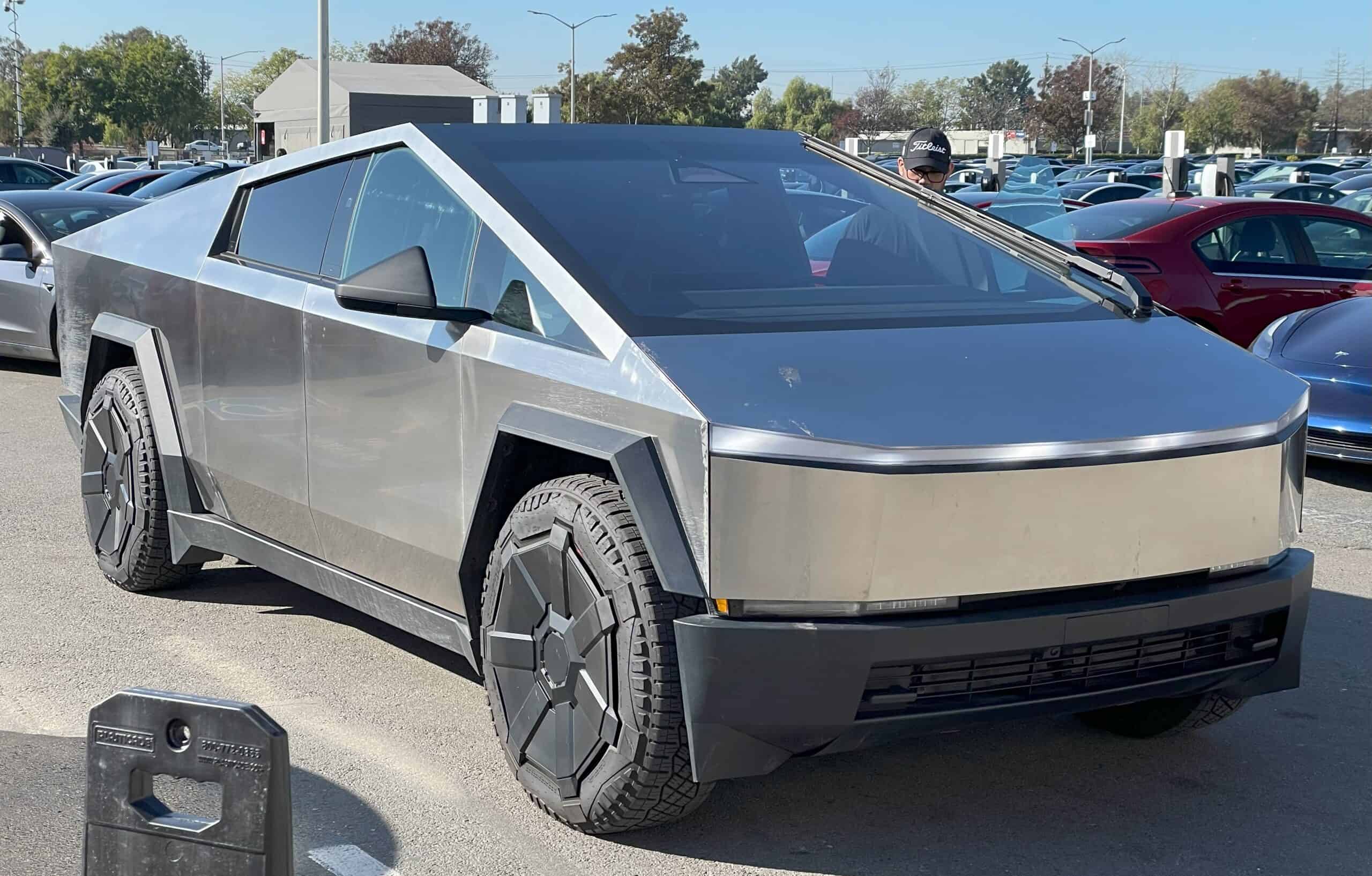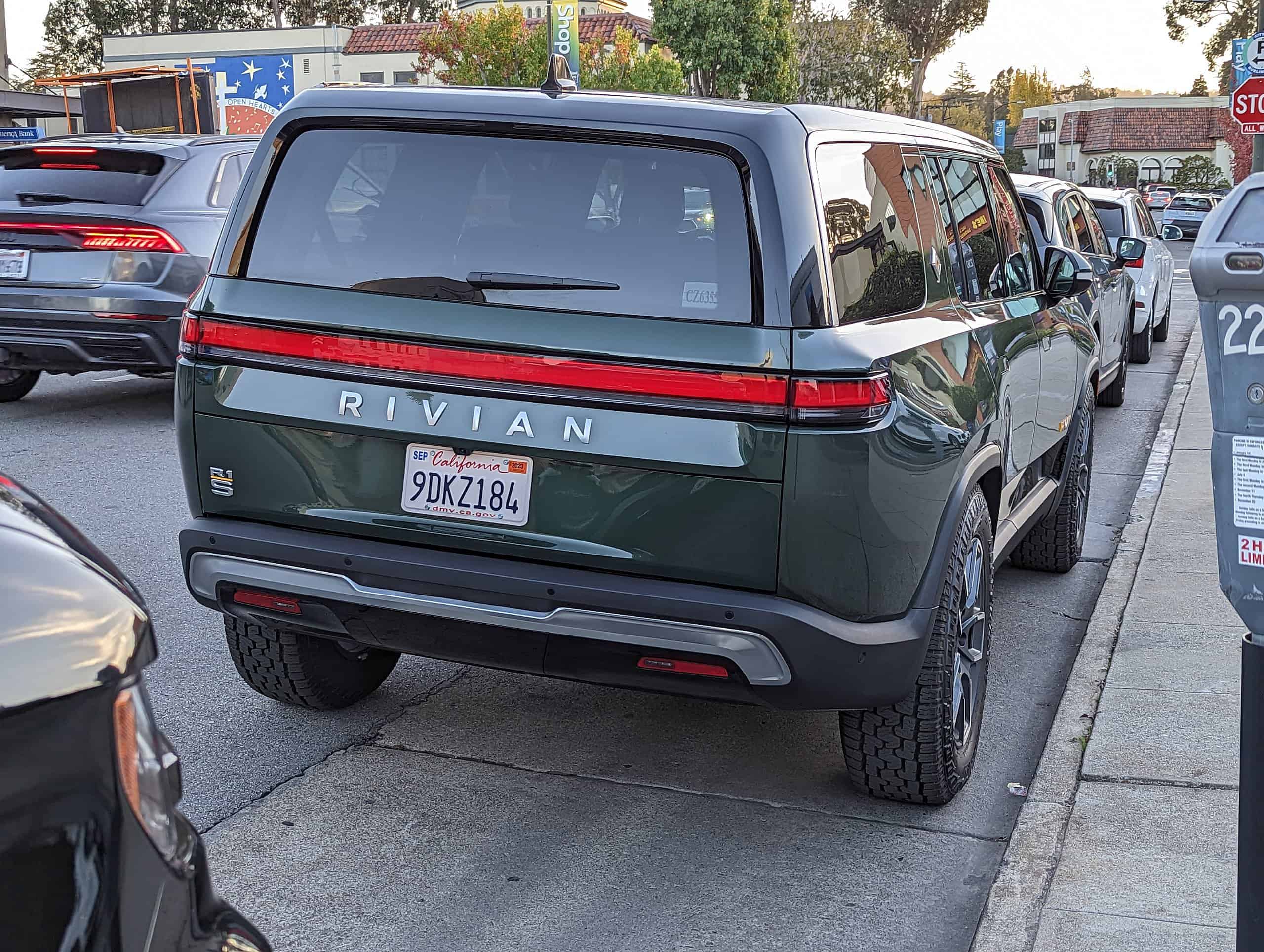
In the first quarter of 2024, most EV stocks saw double digit declines, despite the S&P 500 rising 10%. The shift appears to be directly tied to slowing demand of EVs in U.S and China, impacting larger market players like Tesla (NASDAQ:TSLA) as well as small startups like Lucid (NASDAQ:LCID) and Rivian (NADSAQ:RIVN). However, other major automakers such as Ford (NYSE:F) have begun to shift their focus toward hybrid units, and car buyers appear to be following suit. For many investors, this certainly looks like a rotation trade that could have some legs, and it’s one that many are piling into.
Holding long-term potential, the EV industry looked promising in recent years. However, not all EV stocks have seen the profitability Tesla and other global players have. And even in Tesla’s case (we’ll get to this in a second), growth isn’t what it once was.
Thus, this year’s price correction has highlighted many of the headwinds in the EV sector that are finally starting to hit these companies’ bottom lines. Let’s dive into why these three EV stocks could be doomed for more downside from here, particularly if the recessionary red flags we’re seeing right now turn out to be prescient.
Key Points About This Article:
- A range of macroeconomic and sector-specific headwinds continue to roil a wide range of EV stocks.
- A shift toward lower-priced models, and away from EVs toward hybrids, could lead to margin pressures and more downside ahead for these three EV stocks.
- If you’re looking for some stocks with huge potential, make sure to grab a free copy of our brand-new “The Next NVIDIA” report. It features a software stock we’re confident has 10X potential.
Tesla (TSLA)

In the company’s second quarter, Tesla saw some intense selling pressure build due to the company’s declining net income and revenue. Net income plunged 45%, with EV sales dropping dramatically due to price cuts and low demand from consumers (likely a byproduct of sky-high auto loan rates). The company did bring in a total profit of nearly $1.5 billion, but backing out EV credits and other beneficial accounting levers Tesla continues to pull, investors are starting to grow wary of the growth story underpinning this U.S. market share leader.
In early July, Tesla sold 443,956 units from April to June, showing a 4.8% decline from 2023’s numbers. Although these numbers surpassed analyst estimates of 436,000 units, the numbers show that weak demand is evident. In first half of 2024, Tesla sold 831,000 units worldwide, falling very short from Elon Musk’s estimate of 1.8 million for the full year.
Facing more declining sales and competition especially in China, Tesla will likely continue to ramp up additional price cuts. If this is the case, investors can brace for even more margin deterioration over time, and some likely valuation compression as well. That’s to say nothing of a potential recession on the horizon, which could really hurt the company’s overall growth trajectory.
Lucid Group (LCID)

With recessionary forces building and demand weak in the EV sector, high-cost EV producers such as Lucid are really feeling the pinch. As more consumers tighten their belts and look for lower-cost options, this premium-priced EV maker could be among the bigger decliners, all else being held equal.
The company’s profitability has remained a concern for a long time. Still ramping up production, Lucid is a ways away from generating free cash flow and bottom line earnings. In this market, profitability is what matters most. And while Lucid has been making steps in the right direction to right-size its operations and reach for efficiency, the unfortunate reality is that efficiency and growth are often inversely correlated.
Now, Lucid’s stock price did surge to its highest level since December, as the company delivered positive Q2 deliveries data. Wall Street is hopeful that Lucid that may be able to stabilize its pricing and profit trajectory. The focus now is on whether Lucid can cut its cash burn and reduce losses per vehicle, with analysts maintaining a cautious hold rating.
But, unlike major automakers with strong cash reserves, Lucid, which needs additional funding, may struggle to raise cash during a recession. This concern has led to a drop in its stock price. I think further drops could be in order, given the tilt toward negativity the market has right now.
Rivian Automotive (RIVN)

Another EV stock to avoid at this point is Rivian Automotive. The company reported lackluster results this past quarter, with RIVN stock dropping on the news. The EV maker brought in a loss of $1.37 per share and $1.2 billion in sales (the Street was looking for a loss of only $1.25 per share, though the company’s revenue number met expectations).
These mixed results indicate that bottom-line pressures remains strong for Rivian, despite the company’s aggressive stance toward cost cutting and margin improvement. While Rivian maintained guidance this past quarter, if the company hits its target of 57,000 vehicles produced, that would only imply roughly 14% growth on a year-over-year basis. And for many investors, that’s just not enough to justify getting out of bed in the morning.
Now, I think Rivian has one of the best brands in the market, and its Amazon partnership could be a key driver to continue focusing on. Over the long-term, I wouldn’t be surprised to see Rivian take market share away from Tesla. In fact, there’s some indication that’s happening right now. But the question most investors have is – at what cost? After all, losing thousands of dollars per vehicle produced simply isn’t sustainable. So, like the other picks on this list, Rivian is really a “show me” story until production truly ramps up.
In 20 Years, I Haven’t Seen A Cash Back Card This Good
After two decades of reviewing financial products I haven’t seen anything like this. Credit card companies are at war, handing out free rewards and benefits to win the best customers.
A good cash back card can be worth thousands of dollars a year in free money, not to mention other perks like travel, insurance, and access to fancy lounges.
Our top pick today pays up to 5% cash back, a $200 bonus on top, and $0 annual fee. Click here to apply before they stop offering rewards this generous.
Flywheel Publishing has partnered with CardRatings for our coverage of credit card products. Flywheel Publishing and CardRatings may receive a commission from card issuers.
Thank you for reading! Have some feedback for us?
Contact the 24/7 Wall St. editorial team.





